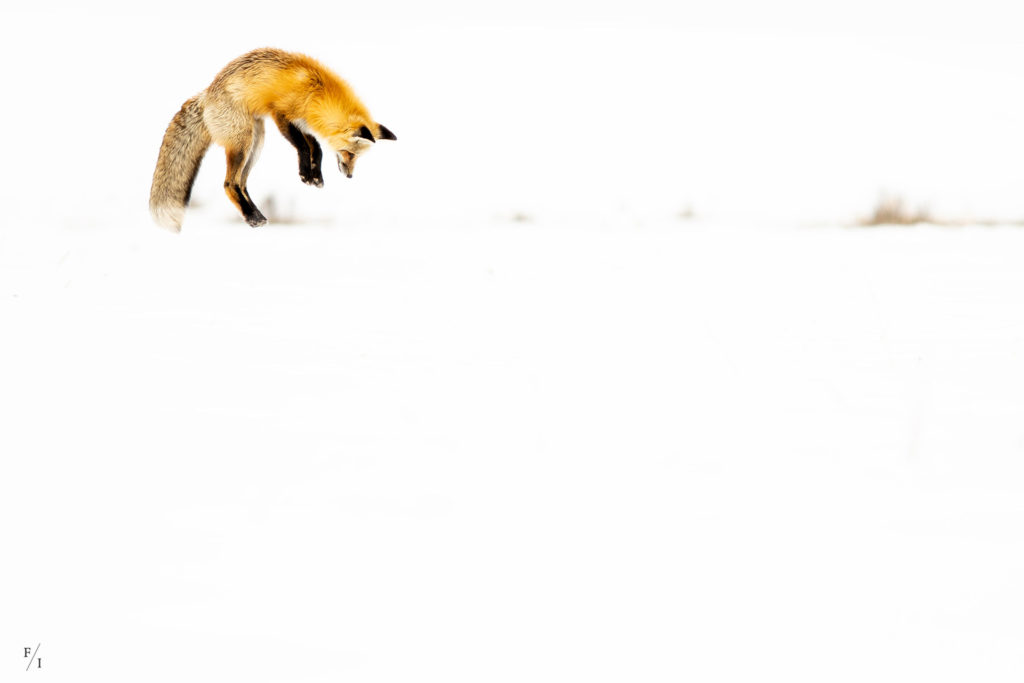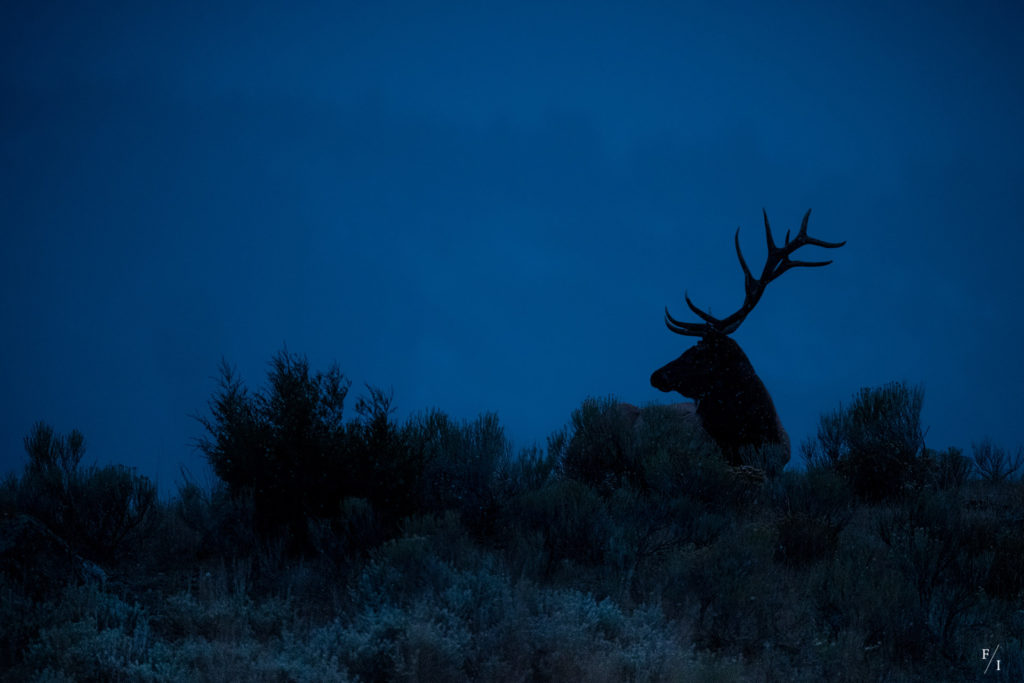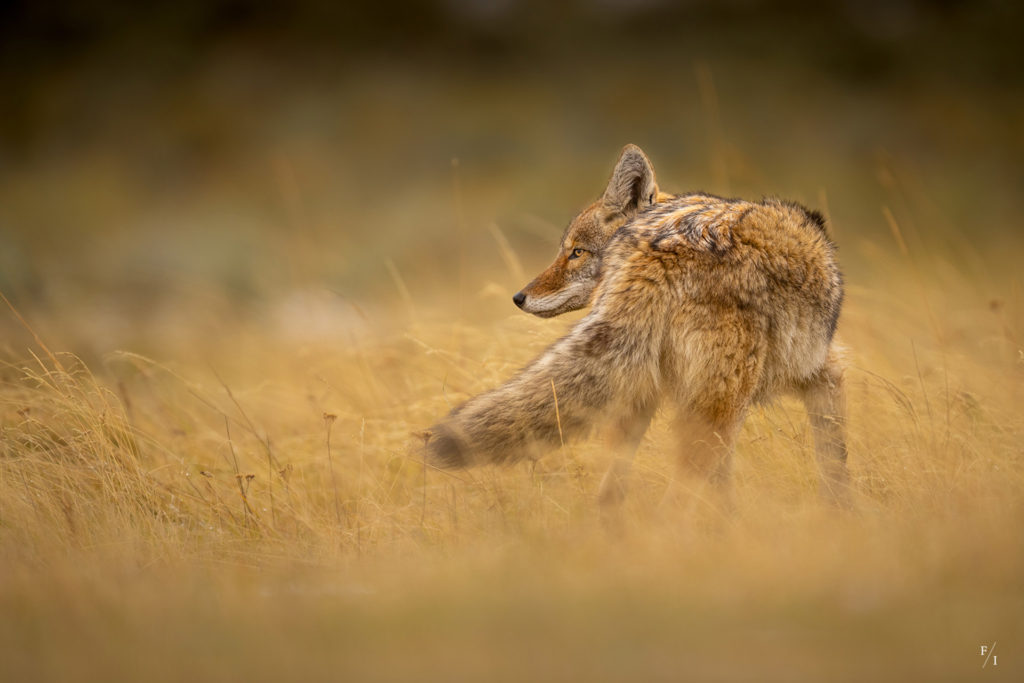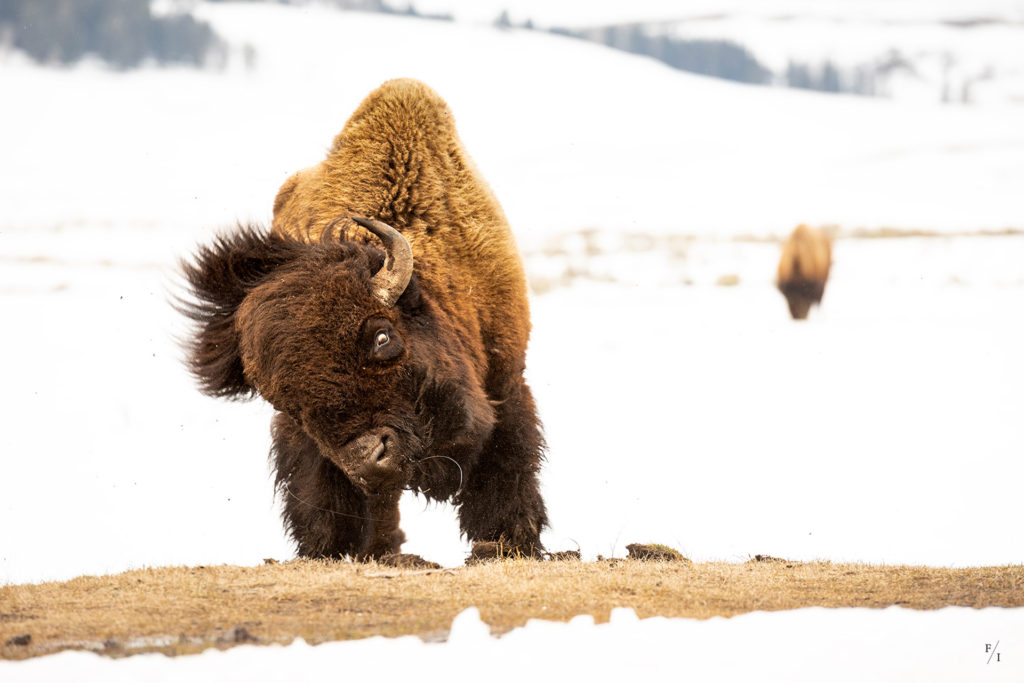
The year is 1806, John Colter, a member of the famous Lewis and Clark exploration, decides to split off from the main expedition party. Traveling by himself he begins to explore a vast, unknown, alien landscape. One which presented him scenes beyond his imagination. Upon his return he inspired suspicions of delirium. His sanity questioned while he stood resolute, recounting perilous tales of survival in an unfathomable landscape. Stories of fire and brimstone. Boiling mud, steaming rivers, explosions of boiling water. All spewing from a heretofore unknown earth. The stories he told were dismissed as the fancies of a mind far too long exposed, adrift in nature. His bemused colleagues nicknaming this supposed fiction “Colter’s Hell”. (Colter though, was obviously far from the first human to explore this incredible wilderness. Native American tribes had frequented the area for thousands of years, using its fertile hunting grounds). Many years later the area Colter explored became part of the world’s first, and America’s pre-imminent, national park… Yellowstone.
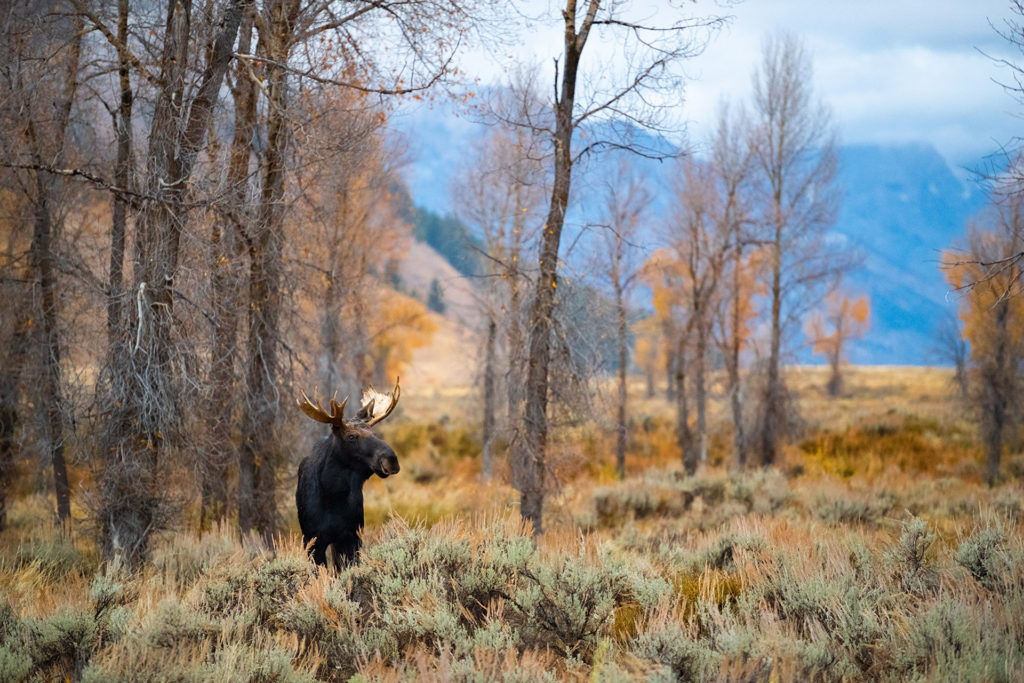
Can you even Imagine the fierce opposition faced as Yellowstone was established as the world’s first National Park in 1872? This, a time when neither the importance of biodiversity; those fierce, yet deceptively delicate wild spaces, nor the importance of preserving such places for the betterment of man was of paramount concern. Indeed, this was a time when communities saw the land at its simplest, basest form. That being a means to provide for their immediate needs. Dependent on hunting, fur trapping, and logging, people hadn’t the leisure to perceive these immense wildernesses as anything other than a resource to fill their coffers. Life at its meanest simplicity. A means of survival.
Declaring a portion of land as large and vast as Yellowstone as a protected national park was likely deemed, at its most generous, foolhardy. In retrospect however, it was an act of great foresight. This act would give rise to National parks all across the globe, protecting our planets last, greatest wild spaces. Yellowstone’s importance, and significance as a national park is immeasurable. It has inspired countless generations. It has become a symbol of hope. A wilderness once inexplicably daunting was to become America’s gift to the world. A gift harboring immense knowledge. Knowledge gained through the many studies we have carried out within the park. Incredible, is it not? When one considers the fact that this, one of Earth’s greatest wildernesses lay, blatant, and unhidden in the heart of one of the world’s most modern societies. The message and importance of this last fact must be reiterated: Regardless of location, even in the midst of the developed world, given half a chance? Nature will find away. Life, like blood it seems, will out.
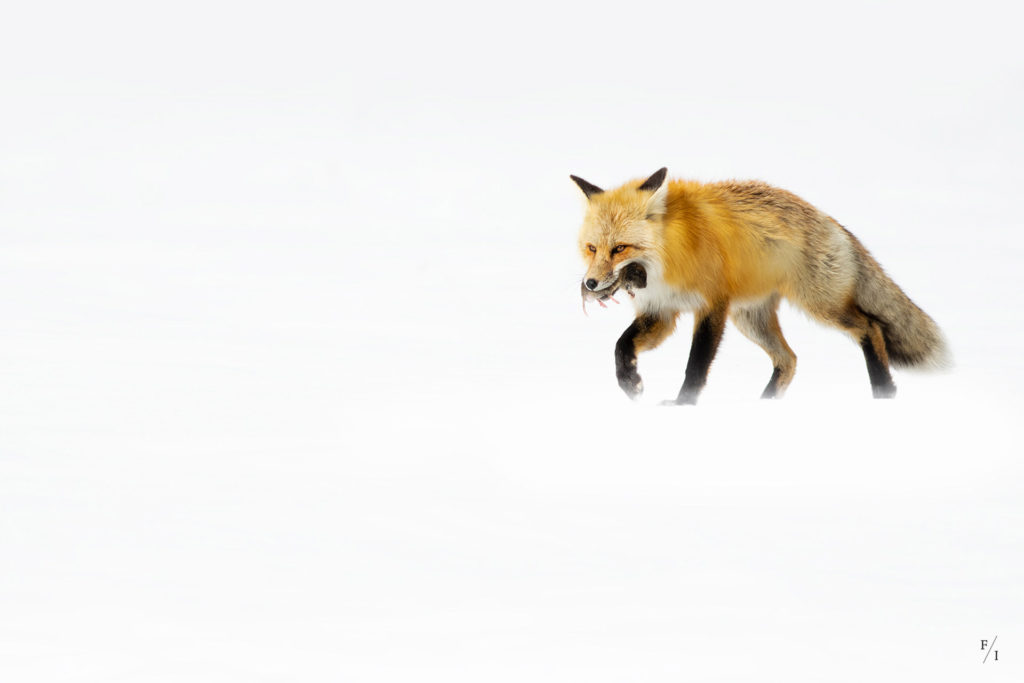
What of Yellowstone today? Networked with roads, and peppered with lodges? Bold boardwalks, plotted paths, and other amenities alien to the region in the 1800s? Apparent? Yes, certainly. Humanity is nothing if not fond of leaving footprints. However, these paths are hardly enough to legitimately impact the essence of this unimaginably formidable landscape. For regardless of our having applied maps, paths, and a sense of comprehension, it is pure vanity to assume this is not the selfsame great wilderness that mesmerized those early explorers. This fact has never changed, and I pray it never will. The great wilderness that is Yellowstone is as beautiful as it ever was, because it’s just as wild, just as rugged as it ever was. Perhaps it’s the very violent, rugged nature of its landscape that has fascinated us for generations? The raging geysers, tempestuous thermal areas. The sheer indomitability evoking the wonder of those first explorers to lay eyes upon this near-mythical expanse… and that’s what the human spirit desperately craves: a sense of wonder. A glimpse of places that transcend imagination.
The opportunity to perceive and appreciate Nature. Undiluted. Life Transcendent.
Awe-inspiring as they may be, it is not only Yellowstone’s temperamental geysers attracting us to her. This vast, raging landscape, indomitable indeed, is poetically, home to some of the most spectacular wildlife found anywhere on the planet. From its ancient bison herds to its world- famous echoing, ghost-like wolf packs, Yellowstone is as wild, and spectacular today as it ever was. Much like their ancestors, the great beings of today continue to carve out lives amongst her ancient geysers and hot springs. For eons having sought shelter in the shadows of the rugged peaks surmounting this breathtaking wilderness. These ancient scenes justifying the conviction that Yellowstone sets a stage unlike anywhere else on earth.
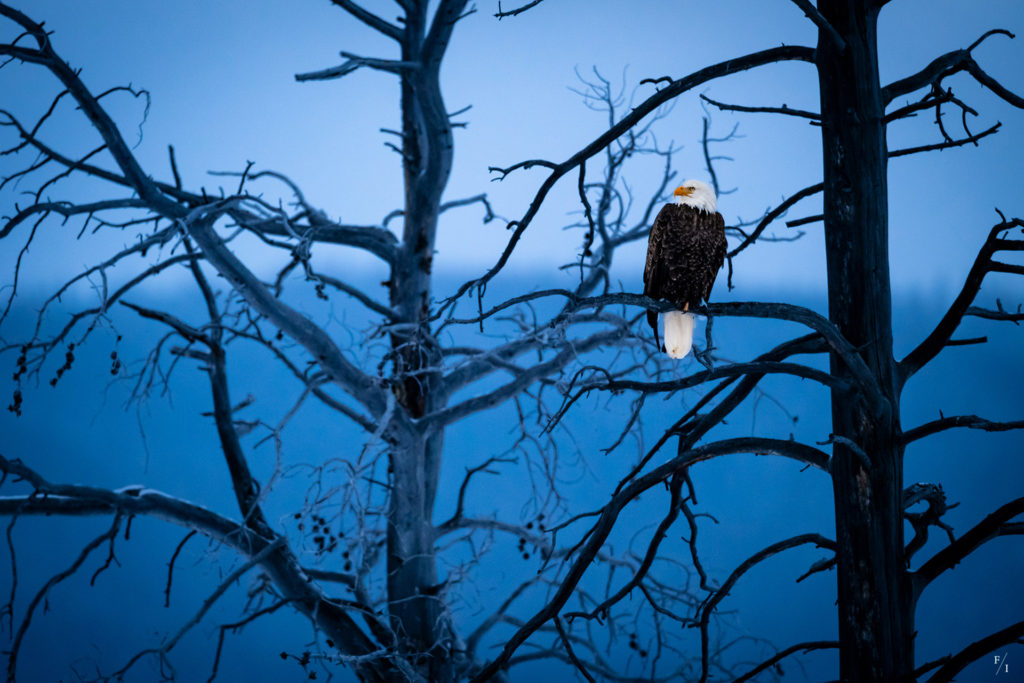
Uniquely diverse. Undeniably majestic. The question though is how does a wilderness as ancient as Yellowstone fit into the modern world? A world increasingly alien. Now faintly illuminated, and explored almost idly through an infinite amount of tiny, synthetic screens? It is fact, however agonizing, that we live in a world driven by technology. Technology as a standalone may have many merits, this is undeniable. Having said that? It has become blatantly clear that despite its immediate merits and peripheral uses, our technological fervor has an infinite number of pitfalls. For one, our hunger for the latest gadget, with all the trimmings (let’s not forget our insatiable appetite for social media.), has effectively disconnected us from the natural world. This willful numbing of the human spirit is at the core of what can only be described as a “de-evolution” of the human species. We have gone from a race of people that sailed the seven seas, that pinnacled Everest, to a species that’s glued to our smartphones. Where kids once dreamed of being great explorers, astronauts, and adventurers, we now see them waging campaigns to be social media influencers.
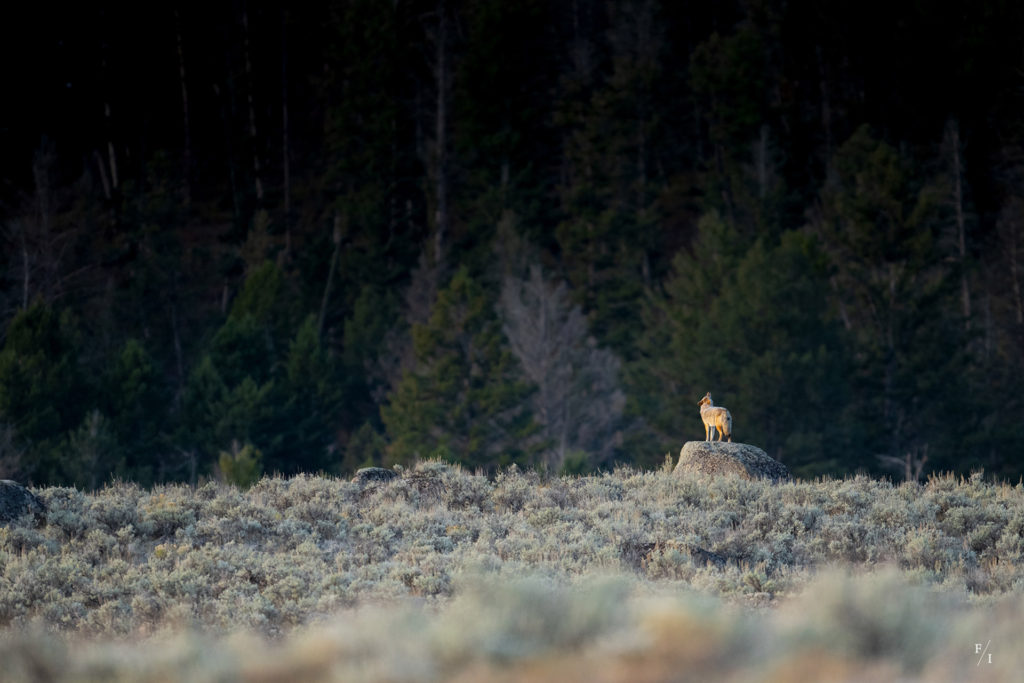
An entire generation chasing “likes”. An entire generation bereft “life”.
Therefore it’s imperative now, more than ever, that we need places like Yellowstone. Places that remind us of just how incredible, how formidable our planet truly is. Places that reconnect us with not simply the natural world, but that sacred dialogue between the human spirit….and the Nature which breathed life into us all. A view, and perspective simply beyond the scope of our many, many toys. One meant for the senses we were gifted, not the ones we’ve gifted ourselves. Spending time in this remarkable wilderness, embracing it as it embraces you, you quickly realize that its astounding beauty is only part of its eternal story…. We are indelibly, incredibly the other part of the story that is Yellowstone. For Yellowstone transforms you.
It cannot help itself.
It transforms the way you feel, the way you see things, the very way you want to experience the world. This great wilderness sparks something inside you; they say to explore is a trait inherently human, that these embers of adventure are within us all, and maybe it takes a place like Yellowstone to set these embers ablaze. Perhaps places like Yellowstone make us better versions of ourselves. Perhaps it’s places like Yellowstone that give us purpose.
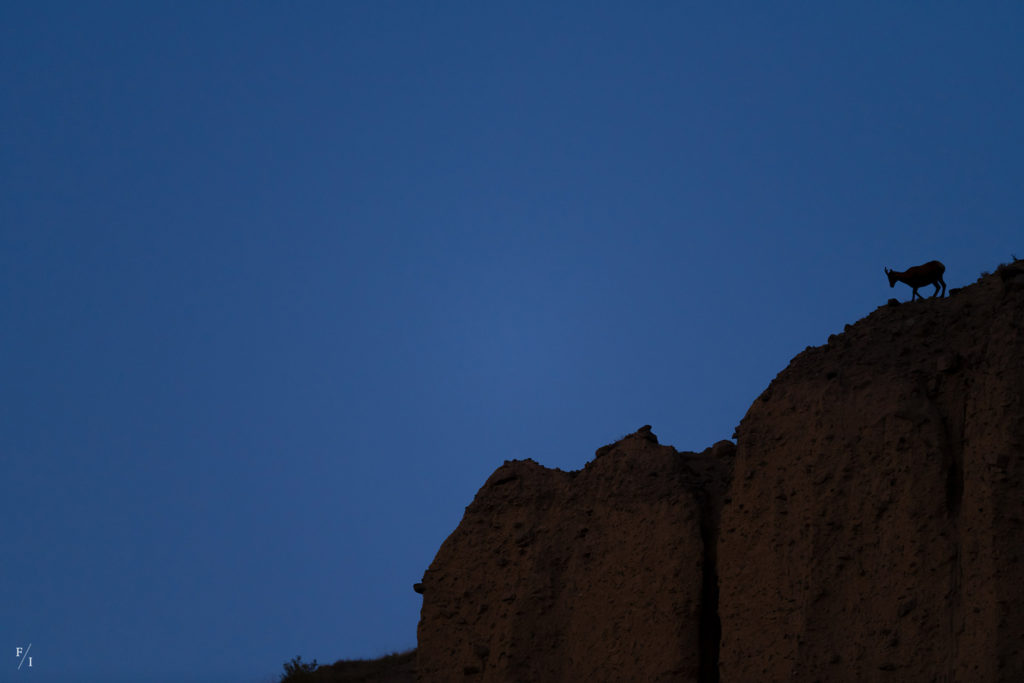
To me Yellowstone is so much more than a place where I spend my days attempting to capture images of the beautiful creatures found within its vast boundaries. Yellowstone is a place where I feel complete. Where I feel whatever it is that means “home”. When I spend time in this remarkable park it transports me. Places me at peace. I have found this to be true of all our planet’s great wildernesses. Nature’s vast kaleidoscopes, her infinite palettes that make us feel beautiful by association.
Whenever I visit Yellowstone, I find myself getting lost in youthful wonder. I become that little boy peering through the looking glass. Feeling dwarfed by everything around me. That’s what makes Her so special. She humbles me, makes me fall in love, defines my insignificance on our planet’s great stage. Because of that I love every second I spend there. I love watching the bison, these ancient gatekeepers meander through the hilltops and meadows as they forage. I love hearing the wolves howl in the valley as they prepare for the hunt. I love the haunting calls of bugling elk as they round up their harem or feeling the sounds of the thunderous waterfalls echo through me. I love sitting in golden fields watching the coyotes hunt, or being left awestruck as an ungainly grizzly idly crosses my path… I love knowing that there are places like Yellowstone that help me find the part of me that makes me feel alive.
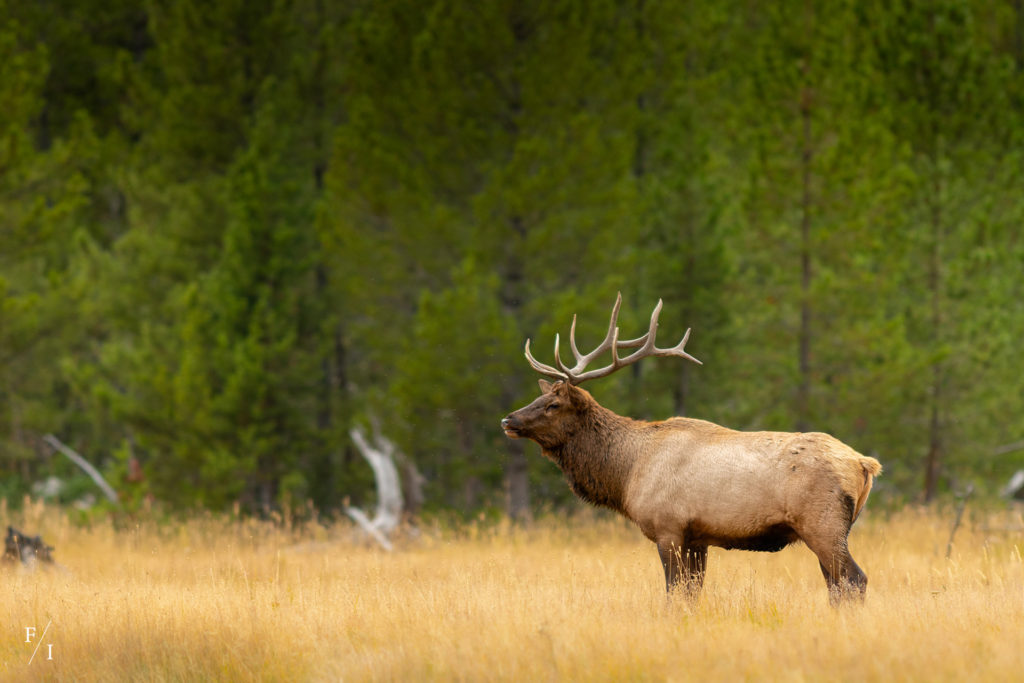
I recall the first time I visited Yellowstone…I cried. I don’t know why I cried. Maybe because it was just so overwhelmingly beautiful? Was it that my soul had found a part of itself it wasn’t aware it was missing? I know that sounds incredibly cheesy, but that’s ok with me. I’d rather believe in the magic of a place. The heartbreaking, breathtaking, audacity of life. than worry me with vanity. If that’s what it takes to keep the light inside of me burning bright, I’m equal to the task. I’ve enough audacity to purchase that ticket.
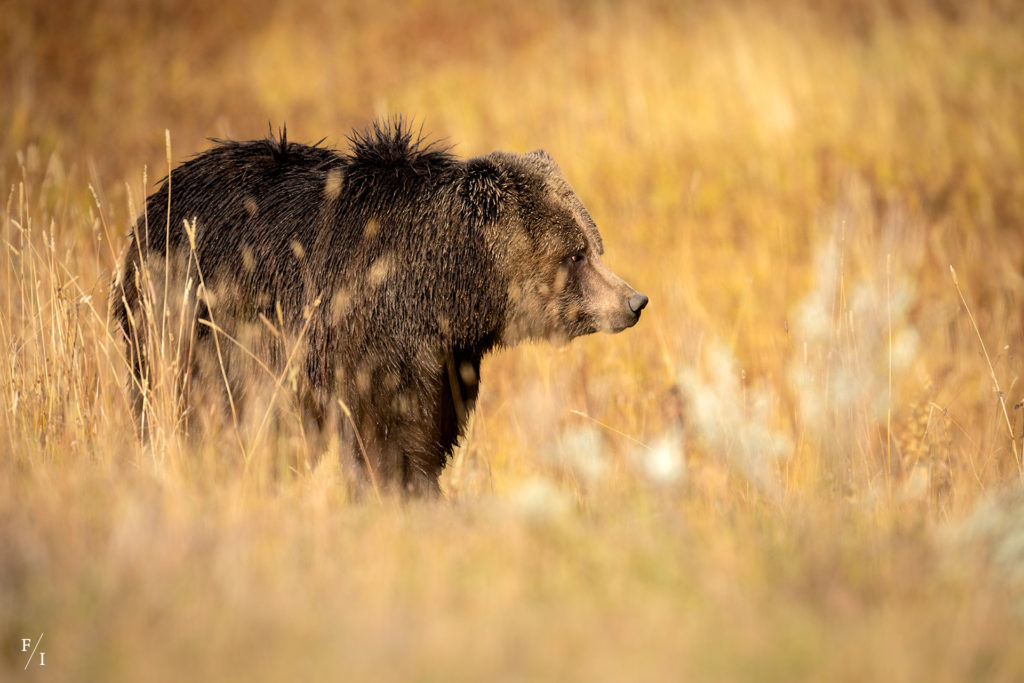
It’s a pittance. Nothing more. Much has changed since the first explorers discovered this incomprehensible wilderness. Much save Yellowstone. At its essence this turbulent landscape has remained true to its legend. In an ever-shrinking world, one disappearing before our very eyes, Yellowstone stands as a beacon, as a hope, that even in the face of seemingly insurmountable odds, our planet’s greatest, wildest spaces will not only survive, but also serve as a necessary respite where the human spirit can find solace.
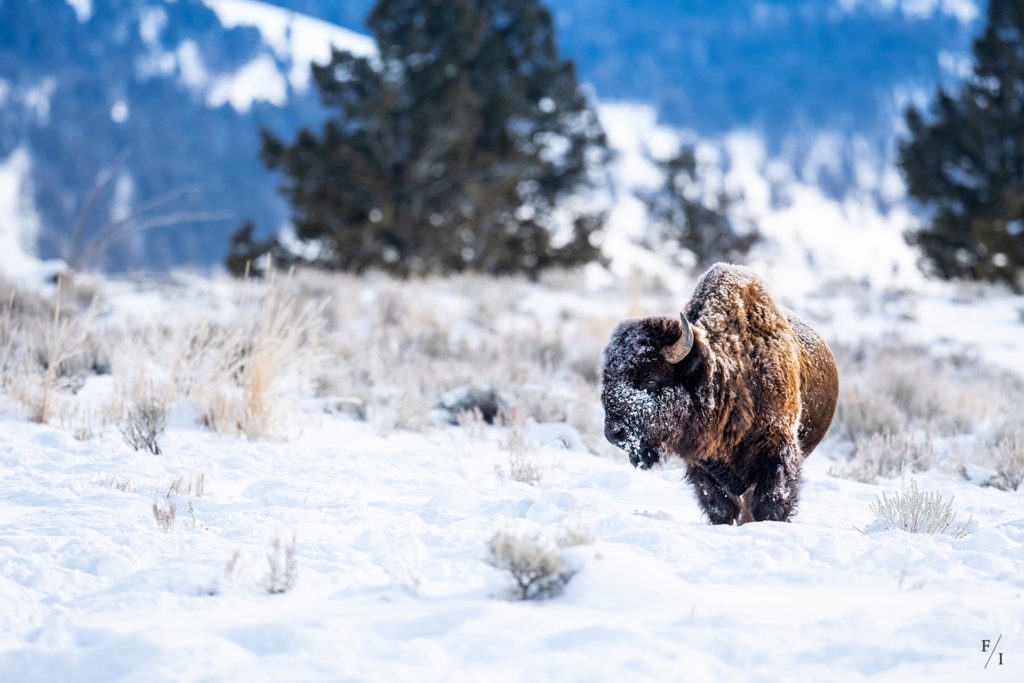
Earth is a book.
Life fills its pages.
Yellowstone spans its chapters.
We are but one line on a page of infinity, and we’ve oceans of ink to spare.
What, I wonder will our story be?
And will we, humanity, be here to read it?
Ask the species holding the pen.
